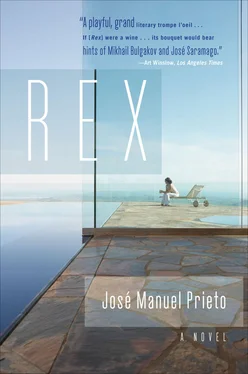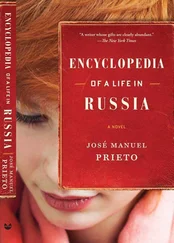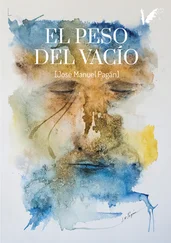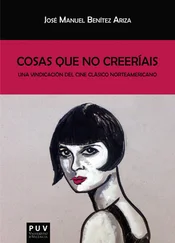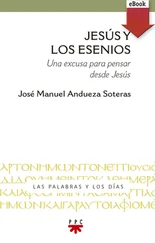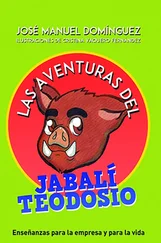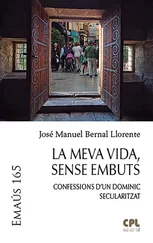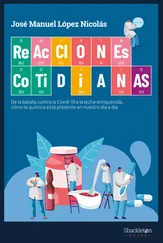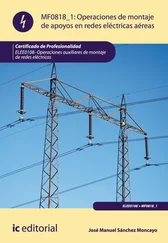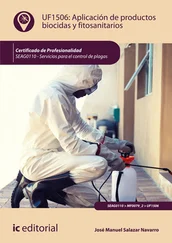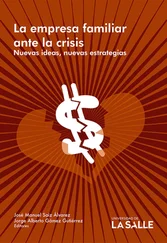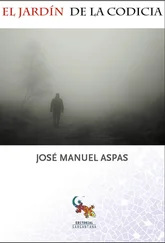Vasily: after Larissa, his lover, after the ephemeral delight of the Mercedes and the gold Rolexes, after the absurd luxury that was nothing but the incarnation of his wickedness and deceit, now defeatedby fear. Imagining all the things purchased in his insatiability and bad taste rising threateningly into the air, the remote controls from atop the little marble table, the silver spoons, the fake samurai swords, all that was least blunt, all that was sharpest and most piercing, pointing at him, silently revolving, telling him: stop eating bread, stop eating bread. Leap to your feet! Make yourself Czar!
1
For it was as if he, Batyk, were — you know? — a bad writer. Attributing to himself an as yet undemonstrated ability to hold forth on the most unlikely subjects with the greatest aplomb. Sweeping everything aside at his passage, all that he touched with his poisonous tongue. A toad stewed in vile potions, a sponge soaked in venom, a repugnant man living under a stone, lurking there to stain everything with his absurd and uncalled-for commentaries. Adhering the suckers on his tentacles to any topic, with the unctuousness of the charlatan, the security and false erudition of the hack writer, convinced that simply by pointing at things with his finger, “telling it like it is …”
I’m contradicting myself here or appear to be contradicting myself, but that’s not the case.
A horror of a man, a man who would never take his hands off anything and spewed endless torrents of mistaken concepts, such as the notion that one can continue to wear nylon shirts decades after their appearance and apparent triumph in Europe, subsequently to be displaced, as we all know, by a return to natural fabrics, Egyptian cotton, Swedish linen. An inexhaustible source of interferences, a piece of ferrous metal, an ax beneath the compass, a block of confused signals sinuously dancing nearer, polluting the ether. And I incapable of finding one sensible word or commentary in this rain of ions, furious, white with rage or impotence, wondering at every step whether this wasn’t the way — his way of speaking, lifting his chin with utmost insolence — that I, too, should speak: “getting right to the point.”
And I, I repeat, who admire and ponder the Writer’s straightforwardness and steadfastness and wish for just such straightforwardness and steadfastness in any primary writer, any writer worthy of being qualified as such, could not cease to abhor and hate that man and the type of bloviator or pencil pusher he represented here, in your father’s court. Forever giving erroneous advice, a vision of the world that was incorrectly simplistic and fallacious buzzing in my ears like some indigestible substance accumulating in layers at the entrance to the ear canal. Until finally I was deaf, watching him open his mouth and repressing my desire to jump on him — you know? — and reduce the flow to zero by exerting pressure with both hands on his stupid glottis, watching him inflate below that point, swell up like a toad with his lies, mistaken ideas, and stupid strategies. Like the plan to elevate Vasily, your father, on an antigravity shield — never! never! never! His bony elbows, his ready-made phrases. All bad, as in a bad writer, primary or secondary, what does it matter. Bad, bad, bad.
2
To the point that Batyk had come up with the most idiotic, delirious, and ridiculous solution, one that violated the strict security measures he himself had so zealously forced us to observe: not to allow any unknown person into the house to break through our protective barrier and endanger the life and security of all Miramar.
So imagine how I jumped, adrenaline rushing up my neck, the afternoon I came back from the beach (without you, your mother had again forbidden you to go down) and heard the dogs barking and knew they were barking at a stranger.
My first thought: Kirpich (and then, Raketa), his silhouette outlined against the glass sun porch, come to negotiate the handing over or reimbursement of the money (I still imagined them wanting their money back, demanding restitution of the swindled sum). And I moved like an Italian cardinal in a court full of Frenchmen, to keep them from noticing me, to avoid alerting them to the presence of another person (never forgetting the night of the slaughter), an invisible witness who could testify to the strange visitor’s way of eating, his hand opening out in a fan over the plate from which he took not one nut or two but a whole fistful, which he threw into his mouth with sinister avidity.
No, not Kirpich or Raketa, but an accomplice of theirs: a man in a ridiculous checked suit worn-out at the elbows, bending over the plate of nuts with the debasement of having spent many years without eating as much as he wanted, little things like that.
But don’t they have lots of money, these mafiosi? Don’t they drink in bars that offer stylish ceramic dishes filled to the brim with assorted nuts or some variety of fritto misto di mare , on the house? Motionless on the grass, my back against the house wall, eyes on the swimming pool. Disbelieving my own ears: the most absurd and senseless plan.
That I would not have believed, Petya, I repeat, if I hadn’t heard it quite clearly as I stood there in the garden. A character straight out of a traveling medicine show, a fraudulent inventor (fraudulent two centuries ago, not today!) come to his king to sell him the secret of manufacturing diamonds: carbon and graphite in the heart of a cannon, the flame fanned unceasingly. Or another scientist, who in the solitude of his lab had determined the feasibility of the perpetuum mobile , a loom weaving day into night without stopping. And three days after it was set in motion, full of admiration for the machine’s autonomous movement, the vizier rushed to the royal chambers exclaiming loudly: “Yes! It’s true!: without effort and without expenditure, HRH! In appearance and, I must affirm, no less in reality. The shuttle has not stopped moving; Professor Astoriadis’s machine hasn’t paused for a second.”
Then he would bow obsequiously, thrusting forward his massive shoe with its enormous buckle, face toward the ground, his chin lost in his ruff. And now, here he was again centuries later, leaning on the living room table, the torso’s whole impulse and vectorial spin aimed at the small plate of nuts. A pettiness outdone only by Batyk himself, his way of pondering his kilims and the entirely mistaken explanation he gave of the professor’s idea, while Astoriadis — a patently false surname — never saw fit to shut him up or correct any point of his error-riddled presentation. Chewing without pause, the professor, nodding with the tranquillity of an Oriental in a teahouse who walks toward you thinking nonstop about how he’s going to swindle you.
And Vasily, to my infinite astonishment, falling for it. Thinking something like: if I, against all expectations and the jeering comments of my colleagues could make colored diamonds, then this man Astoriadis, also a scientist, perhaps true what he says about the annulment of gravity. Amazed by the flexible disk that would hold him up without bending beneath his weight, spinning at light speed like a top(the Writer notes in this passage, enchantingly), nibbling away with absolute efficiency at the gears of gravity. The user (he chose that ugly word) would perceive nothing at first; the very thin disk would be slipped beneath the user’s feet, spinning at the speed of light. But before long he would notice that the lipstick falling from his wife’s hand, the makeup case, the powder puff, were not dropping to the ground but remaining miraculously suspended in the air, free of the ties that bind us to the earth and, in the end, bring us down: Vasily, triumphant over them! No.
Читать дальше
